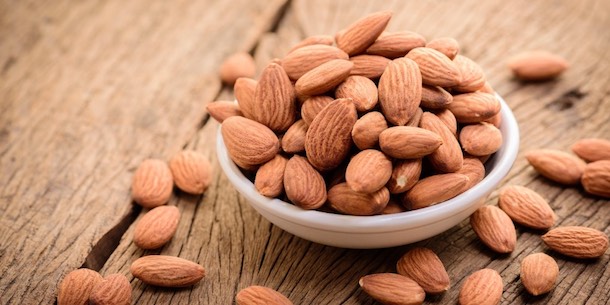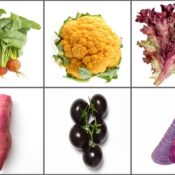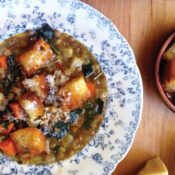We are pleased to bring you “Your Weekly Checkup,” a regular online column by Dr. Douglas Zipes, an internationally acclaimed cardiologist, professor, author, inventor, and authority on pacing and electrophysiology. Dr. Zipes is also a contributor to The Saturday Evening Post print magazine. Subscribe to receive thoughtful articles, new fiction, health and wellness advice, and gems from our archive.
Diet is important for general health, and in particular, cardiovascular health. The Mediterranean diet — which has been shown to reduce adverse cardiovascular events — emphasizes eating primarily plant-based foods such as fruits and vegetables, whole grains, legumes (like peas and beans), nuts, olive and canola oil, fish and poultry, and (some) red wine. A recent study showed that only around ten percent of Americans eat enough fruits (1.5–2.0 cup equivalents) and vegetables (2.0–3.0 cups) per day. Women and people in higher socioeconomic classes appeared to eat more than the rest of the population.
Several studies have shown that eating nuts reduces cardiovascular risk, in particular by lessening coronary heart disease. In one study, a Mediterranean diet supplemented with hazelnuts, almonds and walnuts resulted in almost a 30 percent reduction in the incidence of major adverse cardiovascular events after five years of follow up. Three large prospective trials showed that a higher consumption of total and specific types of nuts was inversely associated with total cardiovascular disease and coronary heart disease.
This means that the more nuts you eat, the lower your mortality. Tree nuts like almonds, pecans, and walnuts are especially beneficial, because they are loaded with vitamins, minerals, and unsaturated fats.
But even peanuts and peanut butter are beneficial. Technically, peanuts aren’t nuts but are actually legumes, more closely related to soybeans and lentils than to almonds and walnuts. Nevertheless, the evidence shows eating peanuts and peanut butter is still beneficial. I guess all those peanut butter and jelly sandwiches I ate as a kid had some benefit — at least the peanut butter did!
What’s so great about nuts? They contain lots of protein, unsaturated fatty acids like omega-3 (found in fish oil), fiber, minerals, and vitamins. They improve blood lipids (lower “bad” cholesterol), reduce inflammation, generate better blood vessel wall function and reduce insulin resistance. Not bad for something that also tastes good.
What are the downsides? Eighty percent of a nut is fat, albeit healthy fat, but it still carries a lot of calories. So be careful not to overindulge and start gaining weight. That would defeat the benefits. I find that a handful of almonds reduces my appetite way out of proportion to the amount I ingest.
What type of nuts should you eat? Some, like walnuts, have more heart-healthy nutrients such as omega-3 fatty acids, but it probably doesn’t matter that much since most nuts appear to be generally healthy. The American Heart Association recommends eating about four servings of unsalted nuts a week. Choose raw or dry-roasted nuts rather than those cooked in oil, and avoid those covered with chocolate, sugar or salt. If you choose the kind you like, you’re more apt to include them as a regular part of your daily diet.
So, nuts to you! Enjoy!
Become a Saturday Evening Post member and enjoy unlimited access. Subscribe now




Comments
Dr Zipes, thank you for your advice here on nuts and healthy snacking. I like walnuts and almonds in moderation as well blueberries and either Lindt or Alter Eco (70-85%) dark chocolates.
Unfortunately, I wasn’t surprised to read a CNN report this morning that President Trump ‘loathes exercise’ and only sleeps 4 hours max; especially after drinking 12 cans of (the sooo toxic Diet Coke) per day!
I guess I shouldn’t have been surprised either his food diet is mainly steaks, cheeseburgers and fries, and he’s never been seen eating vegetables or fresh fruit by those that would know. One would think, as President, what happened to Bill Clinton would’ve given him SOME kind of cause for pause to change his ways, but obviously not.